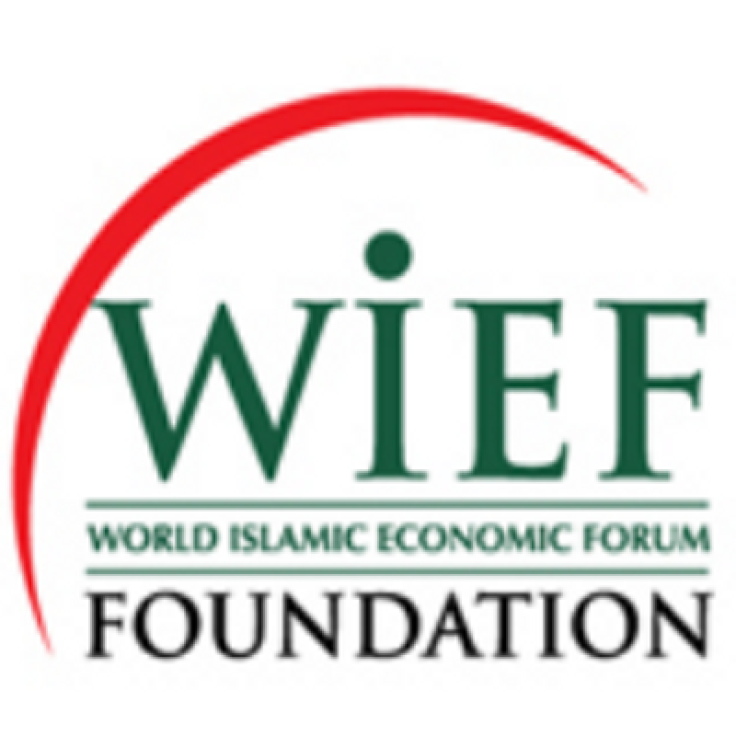World Islamic Economic Forum: Muslim countries should tackle humanitarian crisis in Middle East

Sultan Nazrin Muizzuddin Shah, the co-chair of the United Nations High-Level Panel on Humanitarian Financing has told delegates at the World Islamic Economic Forum that the onus is on Muslim countries to tackle the current humanitarian crisis in the Middle East. Nazrin, who is also the Sultan of Perak one of the Malaysian states, was delivering a keynote address on Islamic Social Finance for Humanitarian Financing at the WIEF gala dinner in Kuala Lumpur.
He noted that 90% of the humanitarian crisis is currently taking place in the Organisation of Islamic Conference countries (OIC). He also highlighted the fact that 31 of the 33 active conflicts ongoing in the world are taking place in Muslim-majority countries.
He urged member countries to reflect, rediscover and reconcile towards a common goal in tackling the global humanitarian crisis. "The number of displaced people in the world today, with 60 million people displaced by conflicts, is higher than World War II. The average duration of displacement from conflict is 17 years," Nazrin said.
Special address on Promoting Social Justice by @HarvardAlumni HRH Sultan Nazrin Muizzuddin Shah #11thWIEF pic.twitter.com/8aSFGMxrQK
— Sangu (@SanguDelle) November 3, 2015He also talked about the financial burden brought about by the displacement of refugees with Turkey saddled with $6bn in costs to tackle the growing refugee problem. A third of Lebanon's population is now made up of refugees fleeing the war in Syria.
Nazrin said there is a need to build resilience towards equitable growth and achieve aspirations of Agenda 2030 in the Sustainable Development Goals in the UN. "We no longer can afford to distinguish between development funding and humanitarian aid as lines have become blurred.
#11thWIEF is quite like Davos/WEF, I wonder why India is not here considering it has 2nd largest Muslim population pic.twitter.com/mzhseZIdKj
— OsamaManzar (@OsamaManzar) November 3, 2015"It is time to explore innovative ways to finance crisis management and development programmes, particularly when crisis now last longer and delay development," he added. He suggested the use of zakat, Islamic bonds or sukuk and donations (waqf and sadaqah) as potential sources to reduce the financial burden of the current global humanitarian crisis.
Zakat is a requirement under the five pillars of Islam and it is mandatory for all Muslims to pay 2.5% of their wealth each year to benefit the poor. It is not considered a charitable contribution but a tax.
A delegate attending the dinner tweeted pictures of the event and said that the WIEF was like Davos/WEF. He wondered why India was not present, given that it had the second largest Muslim population in the world.
© Copyright IBTimes 2024. All rights reserved.






